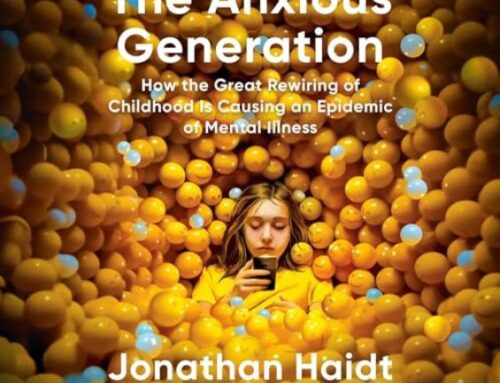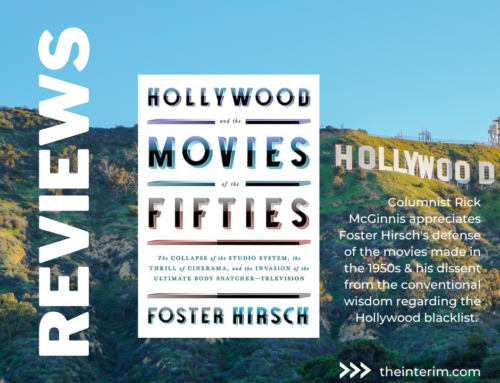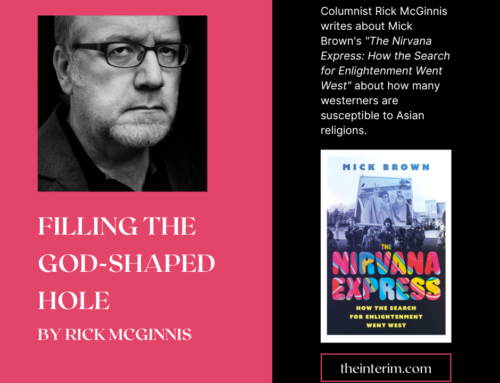 A few months ago, I found myself having to defend a major entertainment corporation while a guest on a national TV show – not the sort of position any critic relishes. A critic’s credibility is a fragile thing, but you’re always safe defaulting to the contrarian, lone wolf stance much beloved of politicians on the election trail, young rock bands with a little-heard debut album to sell (or older ones desperate for relevance), or humanities undergraduates. You might be on the board of a corporation, contractually obligated to its entertainment division, or living in the hope of getting a job or a grant from one, but any overt show of gratitude or even admiration is very bad form.
A few months ago, I found myself having to defend a major entertainment corporation while a guest on a national TV show – not the sort of position any critic relishes. A critic’s credibility is a fragile thing, but you’re always safe defaulting to the contrarian, lone wolf stance much beloved of politicians on the election trail, young rock bands with a little-heard debut album to sell (or older ones desperate for relevance), or humanities undergraduates. You might be on the board of a corporation, contractually obligated to its entertainment division, or living in the hope of getting a job or a grant from one, but any overt show of gratitude or even admiration is very bad form.
The subject was Disney, and the host of the show was my friend and fellow Interim columnist Michael Coren, who said with a shake of his head that he had no time for the company or its inventory of winsome, perpetually imperiled princesses, chirpy anthropomorphized rodents, hyper-trophied theme parks or saccharine tween pop stars. (Well, he didn’t say all that, but it was implied. I could tell.) He’s hardly alone in his dislike for Disney in all its corporate and cultural splendour, and at some distant point in my life, I would probably have echoed his disdain, but I don’t, not anymore, and I’m ready to stand up and be counted on the barricades alongside Mickey, Gepetto, Mulan and, even that incredibly annoying genie with Robin Williams’ voice.
You’ve got two choices when you defend Disney, the easiest of which is to acknowledge that the company has made some mistakes, to be sure, and admit that even some of its past triumphs might be a bit dated now, in a world where it’s assumed that standards have migrated, and parenting has been nearly reinvented. You’d definitely be willing to concede Dick Van Dyke’s cockney accent in Mary Poppins and most of the music in The Lion King, in an effort to elicit an admission that Fantasia is still pretty trippy, and that Dumbo could wring tears from a tax lawyer.
Some Disney defenders will give all of that up but insist that since the company’s creative merger with Pixar, the wildly successful computer animation company, it’s making better pictures than ever, and that one Monsters, Inc. can redeem a dozen Jonas Brothers.
Conservatives, social and otherwise, are fond of this defense, and point to the strong pro-family messages of films like The Incredibles and Up!, their recent hit, which seemed alone in the cultural mainstream by suggesting forlornly that divorce wasn’t really something a child can take in stride, never mind their parents.
This is all fine, but I’d rather be inclusive in my admiration for the Disney brand, which retains a reliability that parents can rarely count on anymore. Perhaps it’s because I don’t believe that parenting has been reinvented or that standards are substantially different from Disney’s ‘50s heyday that I regard the Disney logo as more basically trustworthy, even when it might imply Hannah Montana or The Suite Life of Zack & Cody, or the Pirates of the Caribbean trilogy, which became ever more dismal and stygian with every installment.
I love the care and craftsmanship Disney obviously lavishes on its marquee films and projects, which made the merger with Pixar such a perfect fit, and which has always set it apart from its competition, whether it was Hannah-Barbera or Dreamworks. Most of all, alone among its contemporaries, Disney has always seen the real value of innocence, not sarcastic and unearned worldliness, at the core of its characters. While most films seeking the holy grail of DVD-buying whole families fill their movies with wisecracking sitcom characters in animal, troll or alien suits, Disney still insists of showcasing that “Disney moment” – a crescendo of awe that comes with seeing something new or beautiful, as if for the first time. Sharing those moments is one of the great pleasures of being a parent, and as long as Disney cherishes its value, I’ll forgive it any High School Musical or Santa Buddies.




